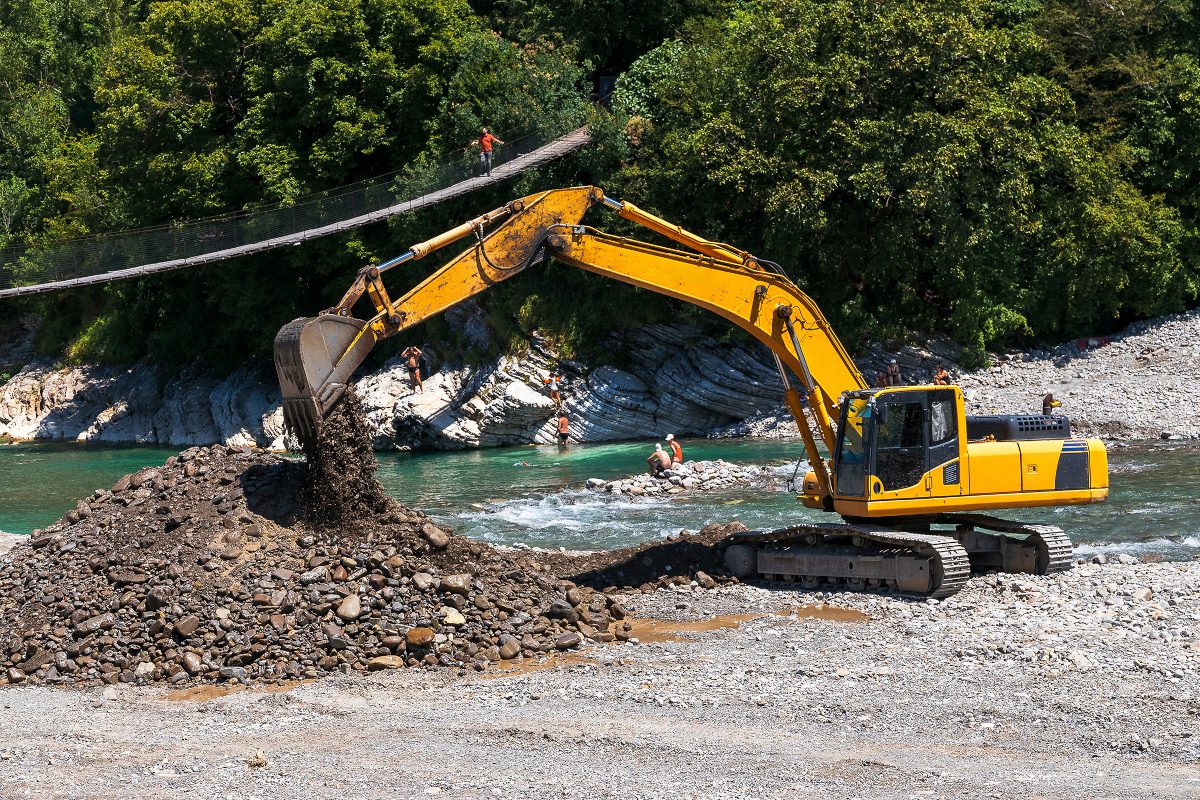By comparing two differently sized but significant releases of greenhouse gases millions of years ago, experts believe they can model how a human-made climate will look.
Around 56million years ago, a period of extreme global warming took place, now known as the Paleocene Eocene Thermal Maximum (PETM). The impact of this can still be traced in marine sediment analysis. Now the same team believe a shorter, less damaging warming episode may have taken place earlier, and assessing the difference between the two could help build a picture of where our world is going next.
The first, smaller warming event has been described as a ‘carbon burp’, and is thought to have been roughly the equivalent to the carbon released in recent centuries due to human activity. This lesser event did not exceed oceanic capacity to absorb greenhouse gases, with that process likely taking a few centuries to complete.
As such, the environmental impact of this offers a gauge as to what will happen to the planet’s climate if we stopped all emissions immediately. By comparison, the PETM did exceed oceanic capacity, and took hundreds of thousands of years to re-stabilise, causing a dramatic shift in sea chemistry and severely affecting marine life and ecosystems. This can be compared to what may happen if work to reduce emissions does not happen fast enough.
Modelling was possible thanks to a novel analytics methods developed at the University of Southampton, UK, where first author of the study, Tali Babila, is based. She began working on the project at UC Santa Cruz, US, with co-author James Zachos, Professor of Earth and Planetary Sciences and Ida Benson Lynn, Chair of Ocean Health at the California institute.
‘Previously, thousands of foraminifera fossil shells were needed for boron isotope measurement. Now we are able to analyse a single shell that’s only the size of a grain of sand,’ Babila said of the new approach.
In related news, last month the results of a five year study into the world’s oceans concluded extreme temperatures are now impacting more than half of the world’s seas, and should be considered a ‘new normal’.
Image credit: Gabi Scott
















